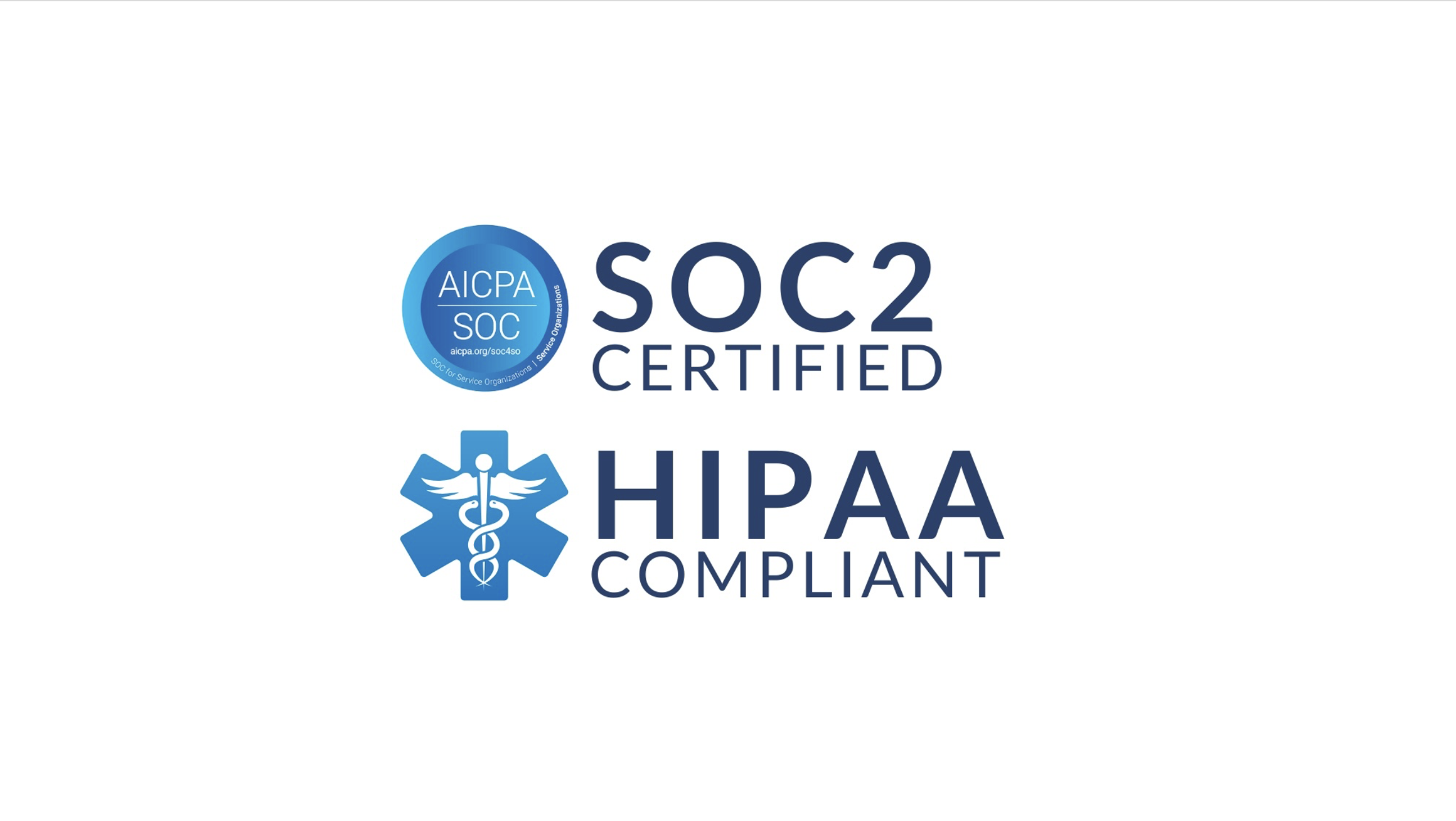In February 2025, California introduced Assembly Bill 682 (AB 682), a landmark piece of legislation that could reshape how healthcare organizations manage documentation, billing, and claims compliance. The bill mandates that health care service plans and insurers must submit monthly reports detailing the number of claims processed, denied, partially denied, and adjudicated — as well as the specific reasons behind those denials.
This move toward greater claims transparency marks a significant shift in the payer-provider dynamic, placing new pressure on healthcare organizations to improve the accuracy, completeness, and compliance of their clinical documentation. For providers, it means one thing clearly: documentation compliance is no longer a back-office function — it is now a frontline strategy.
Why AB 682 Signals a New Era of Accountability
The intent of AB 682 is clear — to provide patients, regulators, and policymakers with a more honest and granular view of why healthcare claims are being denied. Historically, claim denials have often gone unchecked or unchallenged, partly due to the opacity of insurer decision-making. With this bill, however, insurers will be required to share real data about what they reject and why.
For providers, this introduces a new layer of operational visibility — but also a new level of public scrutiny. Every error, inconsistency, or missing document in a patient record now risks becoming a datapoint in a publicly reported denial pattern. And with that comes reputational risk, financial loss, and internal pressure to improve documentation standards.
In this environment, compliant, well-structured documentation is not optional — it’s essential to protecting revenue and reducing the likelihood of denied claims. But how can providers ensure that their documentation is audit-ready in real time, especially with rising complexity across EHR systems, insurance requirements, and clinical workflows?
That’s where WorkDone steps in.
The Role of AI in Documentation Compliance
WorkDone is an AI compliance copilot for healthcare organizations. It continuously monitors clinical documentation and activity across EHR systems to detect the kinds of gaps and compliance errors that often lead to claim denials. But unlike traditional tools, WorkDone works in real time, flagging issues as they happen — not weeks later during a revenue cycle audit.
As AB 682 forces insurers to disclose more about denial behavior, it becomes even more critical that providers catch and fix documentation problems before claims are submitted. WorkDone proactively reviews chart notes, billing documentation, prior authorization entries, and protocol compliance, ensuring that every claim has the highest possible chance of being approved.
And while many hospitals already rely on AI scribes or digital documentation tools, these tools are often passive — they transcribe, but they don’t validate. WorkDone takes it further, providing an intelligent, proactive layer of quality assurance that complements both human and AI-generated documentation. In short, WorkDone is the checker that checks both your clinicians and your AI tools.
Staying Ahead of Regulatory Change with WorkDone
AB 682 isn’t just about exposing insurer behavior — it’s about forcing the entire healthcare ecosystem to operate with more transparency and precision. As the bill moves toward implementation, providers who proactively strengthen their documentation workflows will be better positioned to maintain revenue stability, reduce denials, and respond confidently to regulatory inquiries.
WorkDone empowers healthcare organizations to:
- Eliminate small documentation errors before they snowball into denials
- Streamline the billing and claims submission process
- Monitor compliance deviations in real time, reducing reliance on retroactive audits
- Respond to new regulations without disrupting clinical workflows
By integrating directly with existing systems and communicating with providers through familiar channels (email and text), WorkDone enhances compliance without adding friction to the day-to-day responsibilities of care teams.
The Future of Compliance Is Now
As healthcare becomes more data-driven, and legislation like AB 682 puts a spotlight on claims outcomes, providers must adopt tools that keep them not just operational — but compliant, efficient, and protected.
WorkDone isn’t just another piece of software. It’s a strategic partner in an era where documentation quality can make or break a healthcare business. With AI-powered compliance automation, WorkDone helps clinics, hospitals, and health systems stay ahead of denials, audits, and regulatory scrutiny — while letting clinicians focus on what they do best: delivering care.
In the age of transparency, WorkDone ensures your documentation tells the right story — the first time.



